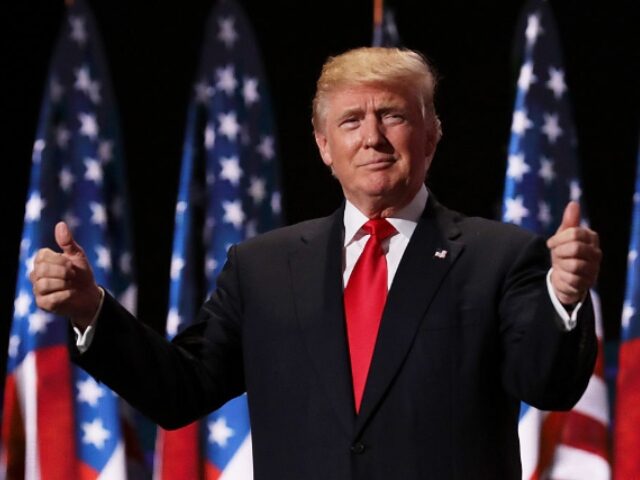WASHINGTON, DC – The U.S. Supreme Court has granted former President Donald Trump’s request to decide if he is immune from prosecution on charges of attempting to overturn the results of the 2020 election.
The court will consider “Whether and if so to what extent does a former President enjoy presidential immunity from criminal prosecution for conduct alleged to involve official acts during his tenure in office.”
The Wednesday court order granting certiorari to Trump says oral arguments will begin the week of April 22. The order also instructs the appellate court to keep Special Counsel Jack Smith’s case against Trump paused until the Supreme Court reaches a decision on the immunity matter.
That question has already delayed what was an expedited schedule for the prosecution. A federal grand jury in D.C. indicted Trump on four counts on August 1, 2023, and after legal back-and-forth between Smith and Trump’s legal team, the court set a March 4, 2024 trial date.
Before today’s order by the court, District Judge Tanya Chutkan had delayed that trial date, as the case has been on hold since December. Today’s order makes clear that pre-trial work in that prosecution must remain on hold.
Prominent attorney Jonathan Turley said after the announcement that the timeline “is a blow to Smith,” arguing that although the Court did not grant a stay, “It has constructively created such a stay by scheduling the argument. Keep in mind, even if Smith prevails, pre-trial work must wait for the return of the mandate.”
The order setting argument on immunity for April 22 is a blow to Smith on the calendar. Rather than granting a stay, it has constructively created such a stay by scheduling the argument. Keep in mind, even if Smith prevails, pre-trial work must wait for the return of the mandate
— Jonathan Turley (@JonathanTurley) February 28, 2024
“Even if the Court issues a decision before June in favor of the government, the trial court must hash out discovery and other motions,” he continued. “That would push the trial closer to the November election in tension with existing DOJ policies.”
The precedent-setting decision by the lower court said that although a sitting president cannot be prosecuted, a former president has no immunity, even for actions taken while president. Trump had argued that having been impeached for his actions on January 6 and then acquitted by the U.S. Senate precludes him from prosecution on double jeopardy grounds.
If the court rejects the position of Smith and the lower court, it might agree with Trump that his actions in the indictment fall within the “outer perimeter” of his official duties as president, rule that all the relevant facts alleged fall within that outer perimeter, and therefore he enjoys absolute immunity. That would doom Smith’s prosecution as well as several state-level prosecutions for election interference against Trump.
As another option, the court could rule that presidential immunity exists in limited cases and adopt some test, whether the “outer perimeter” test or some other standard, then send the case back down with orders for the trial court to weigh each of Trump’s actions in the indictment. Then those determinations would again go up to the appeals court. The Supreme Court almost assuredly would review those decisions to determine if that test was carried out correctly, pushing the ultimate resolution of the case until after the November elections.
The case is United States v. Trump, No. 23-939 in the Supreme Court of the United States.
Bradley Jaye is a Capitol Hill Correspondent for Breitbart News. Follow him on X/Twitter at @BradleyAJaye.

COMMENTS
Please let us know if you're having issues with commenting.